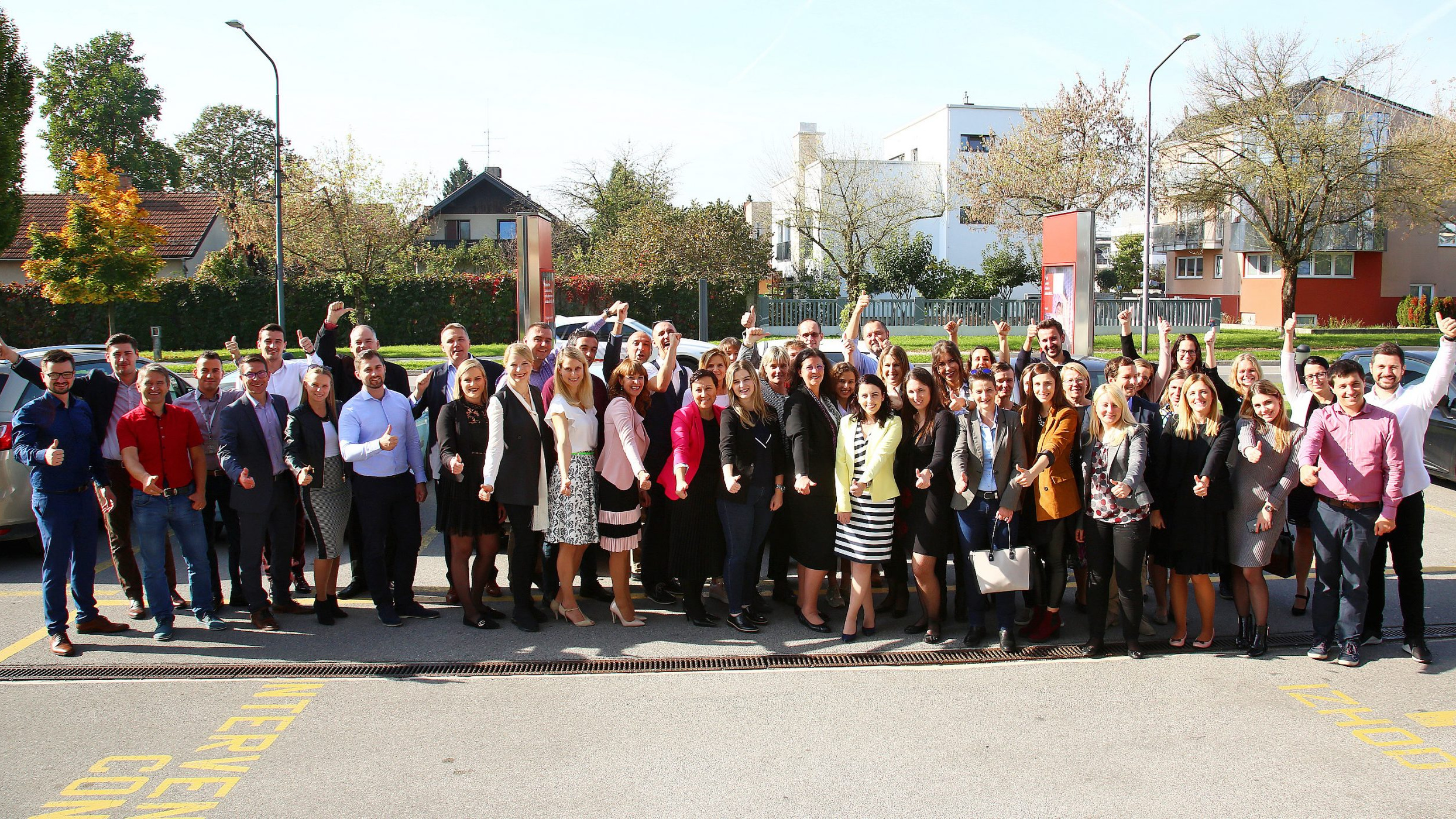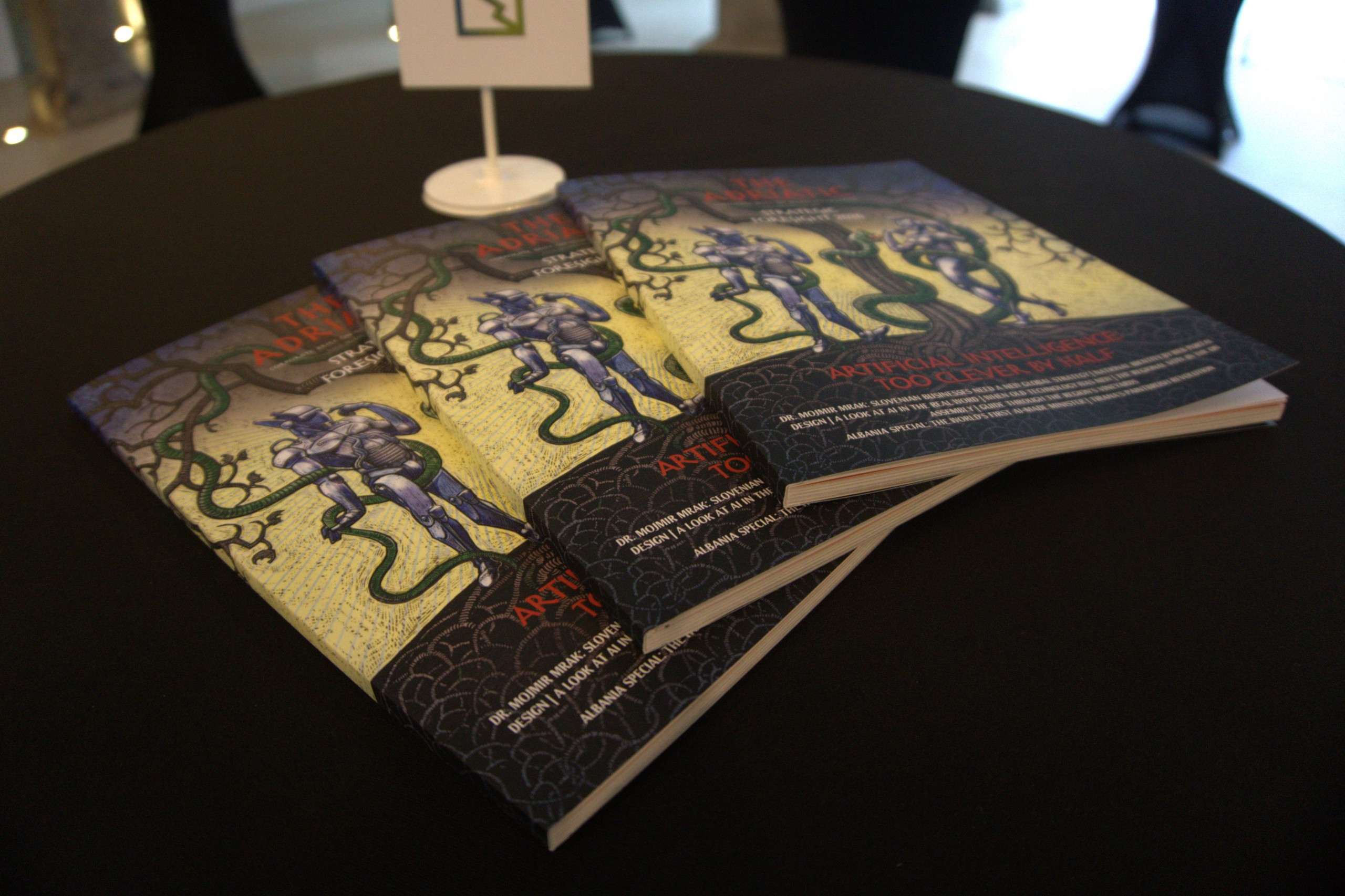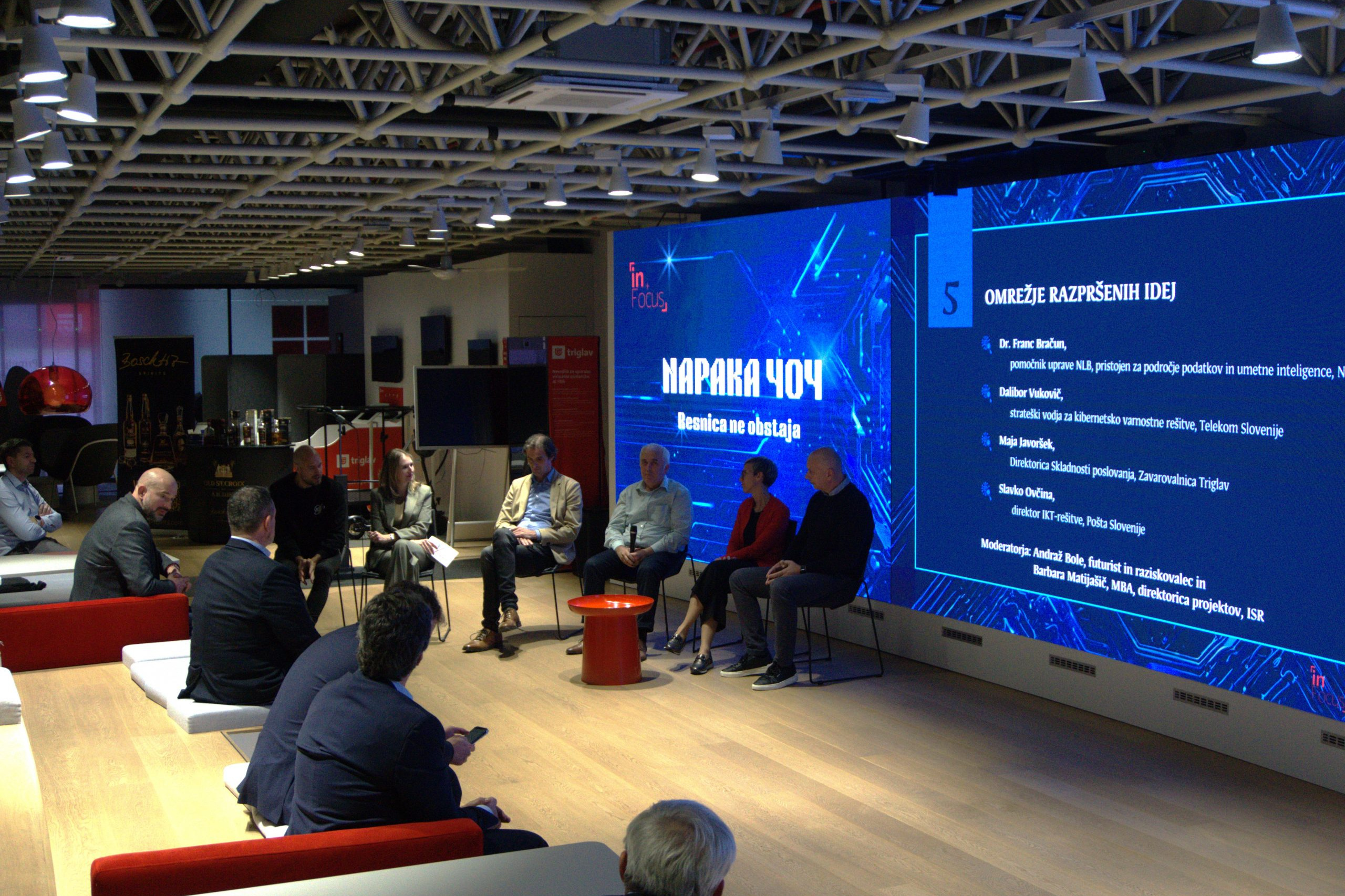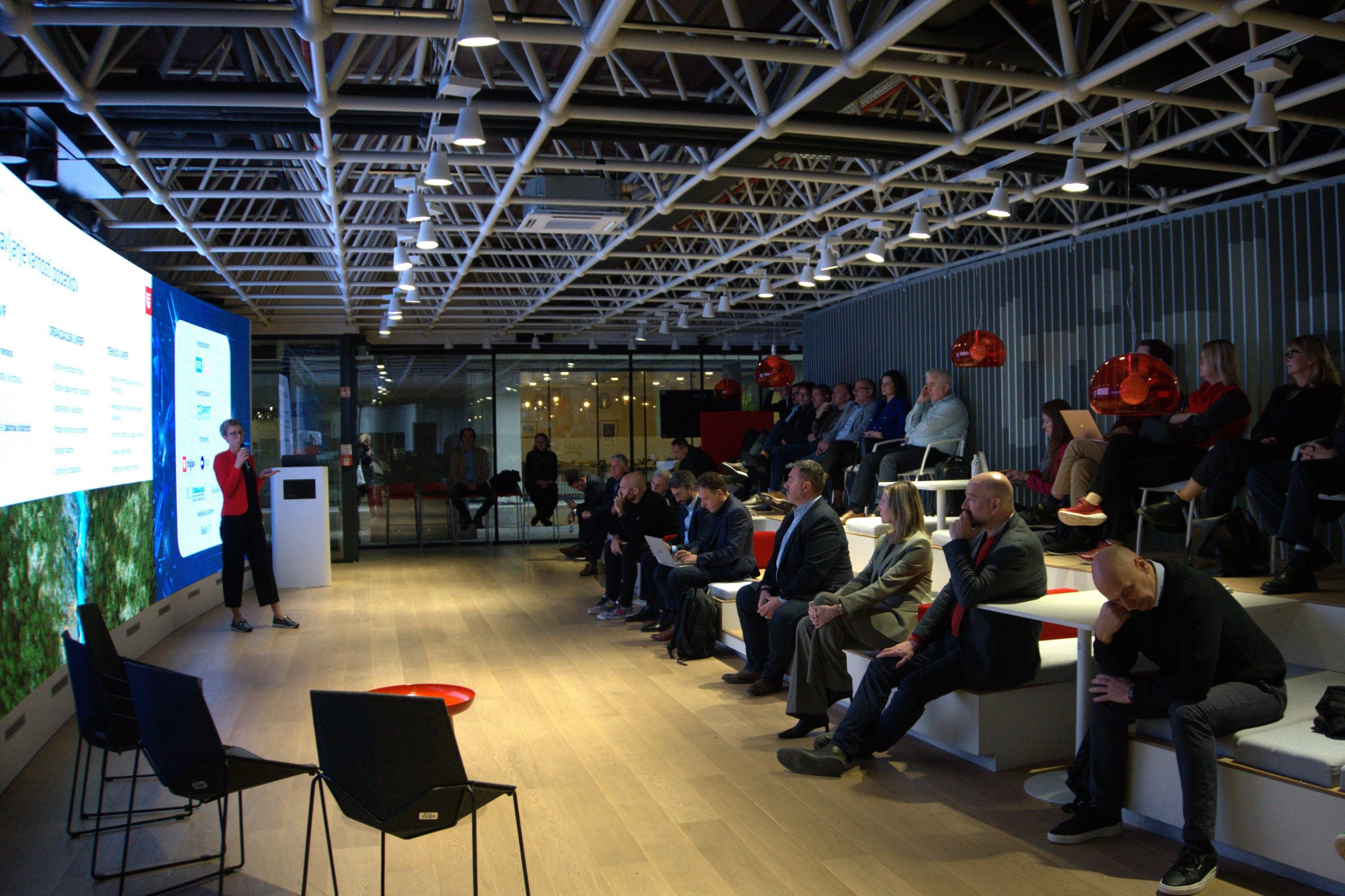A culture of collaboration and learning
Opportunity for development
The Adriatic team
Responsiveness, simplicity, and reliability are the values with which Triglav Group builds a collaborative and agile culture. To further strengthen it, they have also set mobility as one of their key business directions.
In Triglav Group, the largest insurance and financial group in the Adria region and one of the leading ones in Southeast Europe, they strive for a culture where employees transition between project teams, organisational units, and/or companies. This facilitates the efficient transfer of knowledge and best practices. Mobility, as they refer to this process, contributes to professional development and personal growth of individuals, and represents an excellent way to strengthen a culture of collaboration and learning.
Mobility is healthy
While many people prefer to stay within their comfort zone, most at least have some desire for personal and professional development. The opportunity for mobility presents an excellent chance for both. When an individual moves to a different company, they encounter different ways of working and thinking. They also have the opportunity to experience different cultures and meet new people. They may even contribute to the development of a specific project and the implementation of new practices from their field of expertise into another area of work, a different company, and so on.
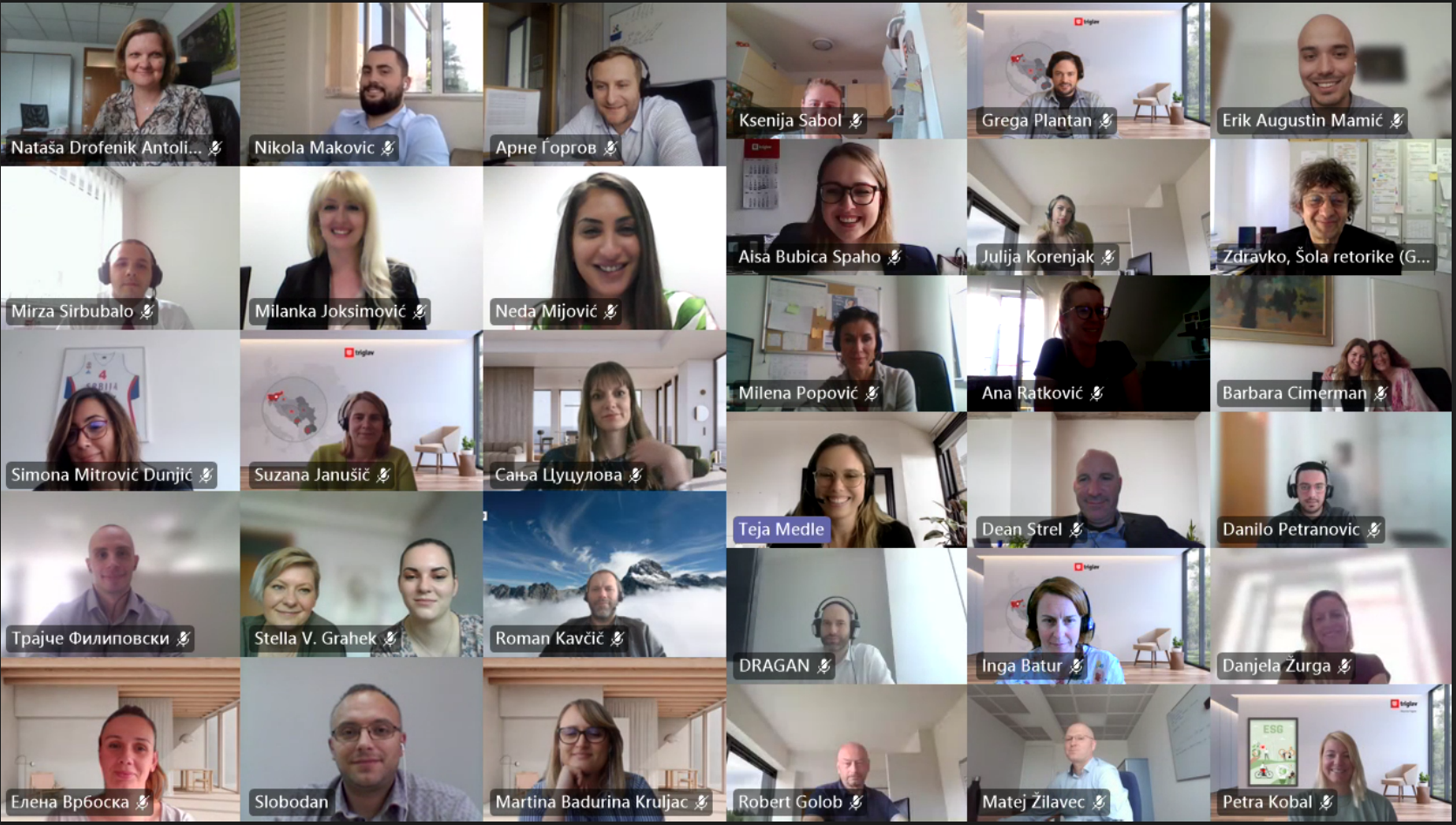
Work and fun
One of the programs within the framework of mobility that has been running for over a decade in Triglav Group is the professional internship called “Spring School” or “Autumn School” (depending on the season of implementation). It is year to gain new knowledge and experiences and strengthen the connections within Triglav Group. The aim of this education program, which typically lasts for 14 days and takes place in Slovenia, is to systematically acquire and deepen the practical expertise of employees and transfer insurance knowledge within the region. The program encourages the sharing of best practices and ideas for improving work processes, as well as the exploration of new business ideas. Alongside the professional activities, the internship also provides opportunities for socialising, offering an environment for making new friendships and getting to know colleagues from Triglav Group. In addition to the professional aspect, there are also social programs and events where participants can discover Slovenian culture and attractions.
Both the participants of the internship and their mentors share the belief that investing in continuous education is necessary for a company to remain competitive and successful. As has been proven time and time again, the organisation’s greatest asset is its employees and the strong bonds between them.
The winning combination
Bringing knowledge and experience into one’s work environment is undoubtedly an advantage for everyone involved – both for the company where an individual completes an internship and the company where they work. For the former, it represents the promotion and transfer of good practices and work procedures. For the company where the individual works, it means gaining a different perspective on internal challenges and opportunities, as well as the implementation of potential new solutions and increased operational agility.
The participant themselves gains the most from the internship experience. They acquire new friendships, knowledge, and experiences, not only for their work but also for their life in general. The mentoring process is a two-way street, as both the participant and the mentor benefit and grow through the internship. Overall, the advantage of this type of mobility is that it allows for the exchange of experiences and knowledge among the companies within Triglav Group, which operates in six countries and seven markets, employing over 5,300 people. Mobility is indeed crucial for the company to acquire true ambassadors of a culture of collaboration and connection.
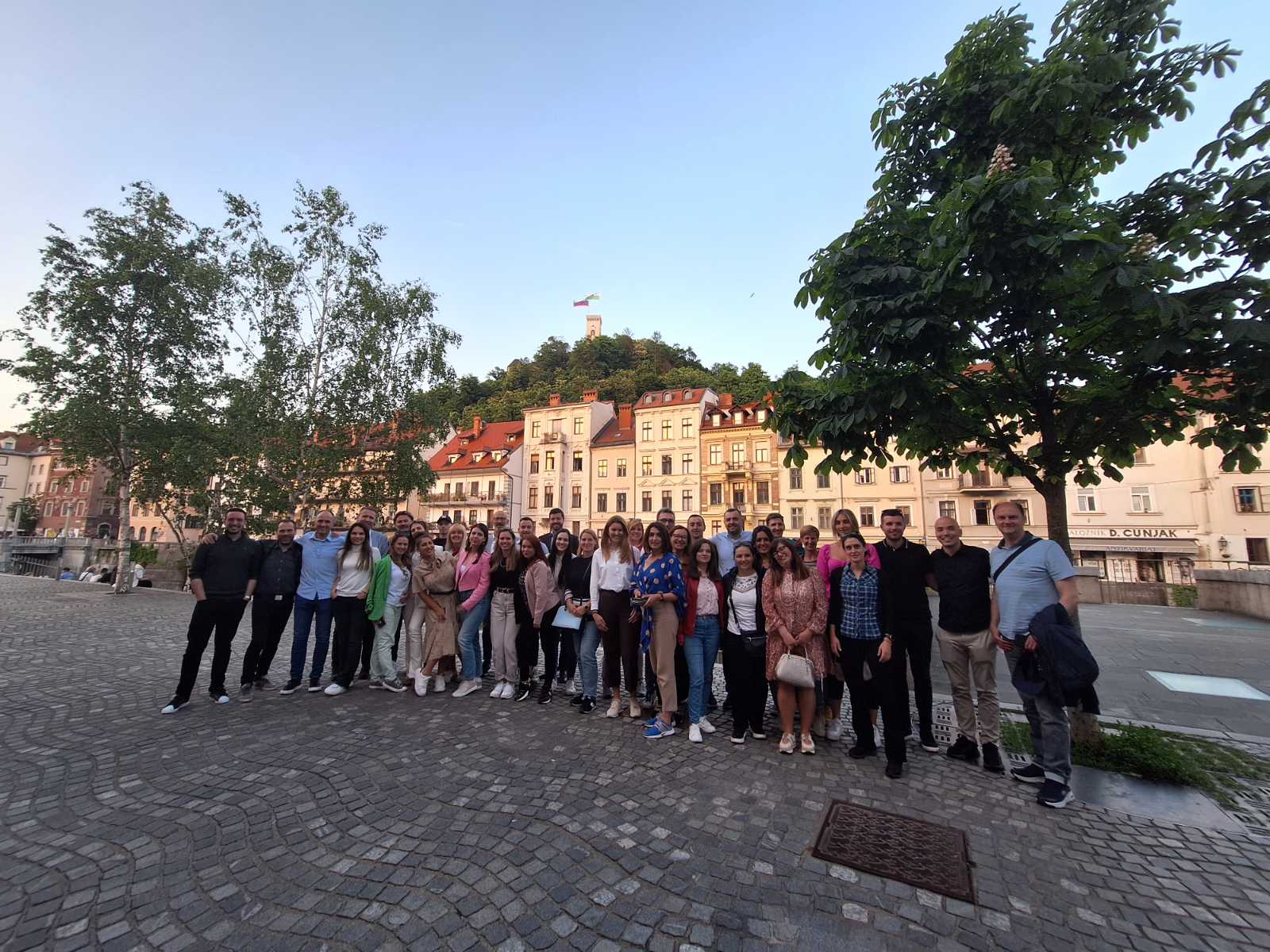
This article was a part of the “Serbia and Slovenia: with the talents of the future for a competitive region” project.
The purpose of this project was to explore the ways in which digital technologies are changing the field of human resources (HR) and to identify best practices for leveraging these technologies and consequently improving results. As part of the project, an event was held in Belgrade where experts from the fields of human resources, education, economy, and technology highlighted trends and plans for implementing digital strategies that can increase employee engagement, productivity, and business results.

